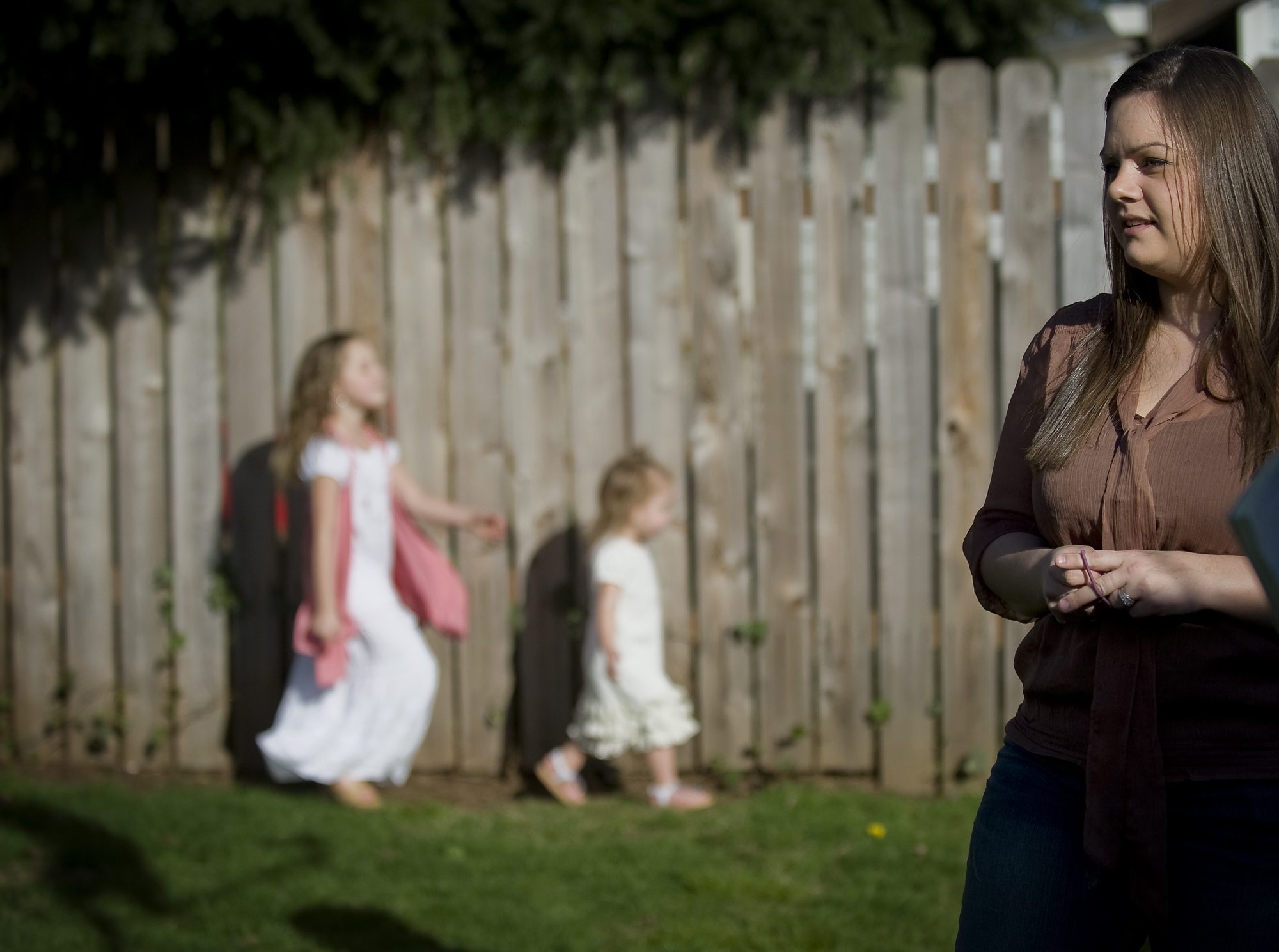To find out a name’s popularity, visit Social Security Administration.
States with the most unusual boy’s names: Washington, Oregon, Idaho, Montana, Wyoming, Colorado, Nebraska, Oklahoma, Louisiana, Alaska, Hawaii.
States with most unusual girl’s names: Nevada, Wyoming, Arizona, New Mexico, Mississippi, Georgia, South Carolina, Maryland, Alaska, Hawaii.
SOURCE: “What’s in a Name?: Popular Names Are Less Common on Frontiers” by Michael Varnum and Shinobu Kitayama in February 2011 issue of Psychological Science
To find out a name's popularity, visit Social Security Administration.
States with the most unusual boy's names: Washington, Oregon, Idaho, Montana, Wyoming, Colorado, Nebraska, Oklahoma, Louisiana, Alaska, Hawaii.
States with most unusual girl's names: Nevada, Wyoming, Arizona, New Mexico, Mississippi, Georgia, South Carolina, Maryland, Alaska, Hawaii.
SOURCE: "What's in a Name?: Popular Names Are Less Common on Frontiers" by Michael Varnum and Shinobu Kitayama in February 2011 issue of Psychological Science
When Washougal residents Kyle and Dianna Curtis had their first daughter, Brooklynn, they wanted to give her a unique name that would epitomize her personality.
“I wanted a unique but not a farfetched, ridiculous name,” Dianna Curtis said.
Nationwide, names have become more unconventional in the past 20 years in tandem with an increasing value placed on individualism, according to a 2010 study by researchers from San Diego State University and the University of Georgia.
“In recent times, … the culture emphasizes uniqueness more than past eras or eastern states,” said Jean Twenge, psychology professor at San Diego State University, who co-authored the study. “When a culture emphasizes uniqueness and standing out, parents are less likely to give their children common names.”
That trend is more pronounced in recently settled U.S. states, where individualism is highly valued, according to a 2011 study by researchers Michael Varnum, a postdoctoral research associate at Peking University in Beijing, China, and Shinobu Kitayama, psychology professor at the University of Michigan.
Why is that?
“Frontiers both attract more independently oriented people, and foster more independent values and practices,” Varnum said.
The later the date of statehood, the less likely residents are to give their children popular names, said Varnum, who spearheaded the research while a doctoral student at the University of Michigan.
Varnum said his research has shown that people in frontier states are less interested in conformity. People in states where popular names are more widely used are more concerned with conformity, he said.
The same is true for countries. The populations of younger countries are more likely to embrace names off the beaten path, while older countries encourage conformity in names.
Washington, the 42nd state, and Oregon, the 33rd state, ranked in the top 10 for unusual baby boy names. Hawaii (50th) and Alaska (49th) ranked in the top 10 for both boys and girls.
The Brody family in Camas illustrates both Washington’s propensity for unconventional boys’ names and older nations’ tendency toward conventional names. Karla Brody, who was born in Zimbabwe, wanted a more traditional biblical name for their first child born in 2007. Her husband, Guy Brody, who was born in Camas, wanted a name that would stand out, Karla Brody said. He fancied the name “Titan.”
If the baby was a boy, Guy Brody would have his way. If it was a girl, naming rights went to his wife. Despite an ultrasound that seemed to promise a girl, Titan turned out to be a boy.
“Now that I know him, he is totally a ‘Titan,’ ” Karla Brody said. “He has a big, outgoing personality.”
The Brodys’ second and third sons are named Thor, 3, and Talan, 1.
Names have grown increasingly uncommon as the nation has become more individualistic, according to Twenge.
“Back in the 1950s, parents wanted a name that would help their child fit in,” Twenge said. “Now, they want a name that will help their child stand out. It’s part of an overall shift in American culture toward individualism and even narcissism.”
Researchers measure the nation’s narcissism by giving a test called the Narcissistic Personality Inventory to college students. A longitudinal study at the University of South Alabama found an increase in narcissistic traits between 1994 and 2009, Twenge said.
In pursuit of uniqueness, parents sometimes unintentionally make a name popular. That’s the case for Brooklynn, and more so for the more common spelling of the name, Brooklyn.
When Kyle and Dianna Curtin named their daughter in 2005, the name ranked 274th in the nation.
“It was really unique at the time,” Dianna Curtis said.
By 2010, it ranked 142nd. The name Brooklyn, spelled to match the New York City borough, ranked higher in popularity: 78th in 2005 and 34th in 2010.
Another student at Brooklynn’s school, Hathaway Elementary, has the same name, except spelled the same as the place.
“When I named my daughter Brooklyn, I had never heard of the name,” said Jami Thomas. Her daughter is in the fourth grade at Hathaway.
“I was going for something different that no one else had, but there’s always been another Brooklyn at her school,” Thomas said.
Dianna Curtis said she hasn’t run into any other children with the name of her younger daughter, Gianna, 2.
“Gianna” is a hybrid of “Dianna” and the first name of Giada De Laurentiis, a celebrity Italian chef on the Food Network (Kyle Curtis is a fan), Dianna Curtis said.
“Growing up, my sister (Debbra) and I had uncommon (spellings of) names,” said Dianna Curtis, who was born in Vancouver. “I liked that. I didn’t want a ‘Katy A’, ‘Katy B’, ‘Katy C’ for my daughters. I wanted unique names that were kind of them.”
Paris Achen: 360-735-4551; http://twitter.com/Col_Trends; http://facebook.com/ColTrends; paris.achen@columbian.com.



